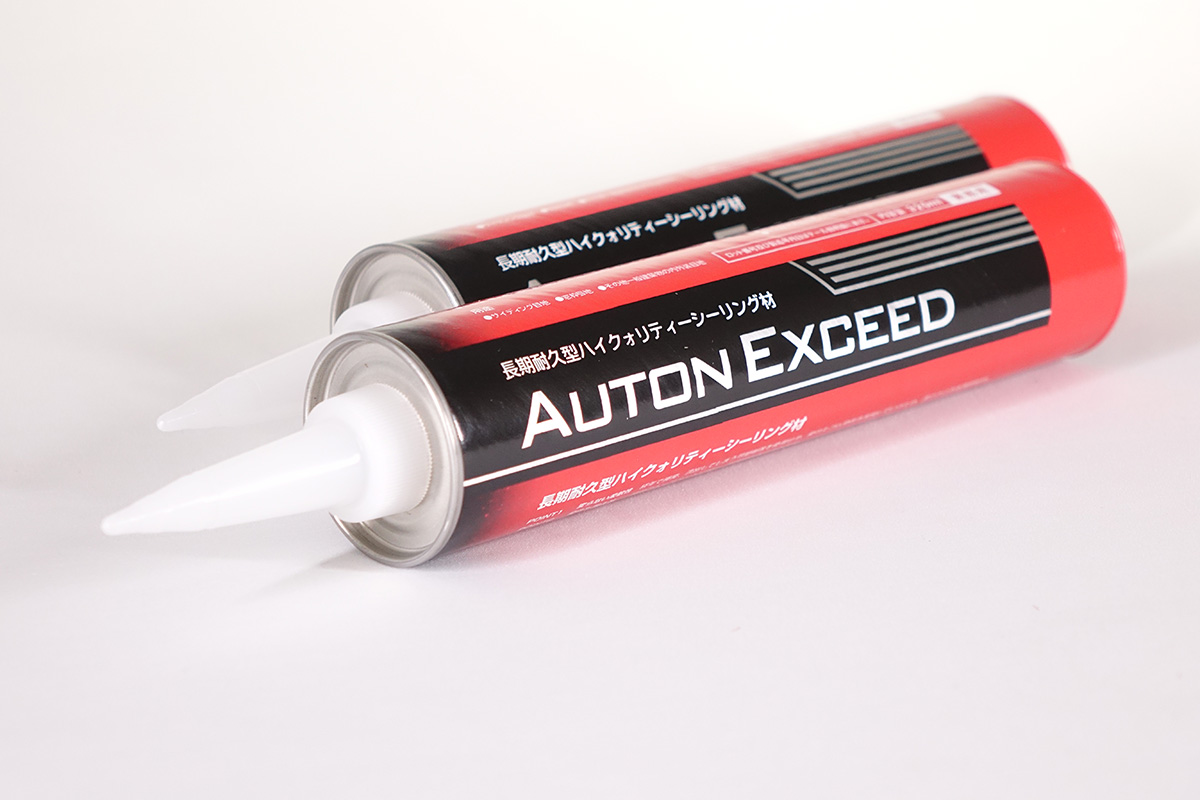

Expertise in developing new functional materials, production technologies, and quality processes positions Japan’s chemical industry at the forefront of confronting modern challenges.

“As a renowned trader of chemicals, Iwata & Co. is looking to further contribute to the growth of the semiconductor industry.”
Dr. Takuya Iwata, President, Iwata & Co., Ltd.
As with every other global economy, Japanese industry was profoundly affected by the COVID-19 pandemic and the recent decoupling of U.S.-China relations. Nevertheless, Japanese manufacturers have remained steadfastly committed to the principles of quality control and stable supply. In this rapidly evolving political and economic landscape, Japan’s chemical industry has been significantly impacted by environmental concerns and international trend towards carbon neutrality.
Nevertheless, Japanese chemical companies have long demonstrated a strong commitment to addressing environmental issues, says Dr. Takuya Iwata, the President of Iwata & Co.
“All chemical companies have a pivotal role to play in shaping a sustainable future. Many of these companies, including ours, adeptly navigate these challenges using conventional facilities whilst we are actively engaging in diesel transformation and mobility innovation. Our expertise in Japan for developing new functional materials, production technologies, and adherence to stringent quality processes positions us at the forefront of the global chemical industry when it comes to confronting these modern challenges.”
“I must say though,” he continues, “the responsibility towards environmental sustainability extends far beyond the chemical industry alone. It is incumbent upon businesses worldwide to adopt and implement more robust measures and ambitious goals, in a collective effort to safeguard our planet and conserve our environment for the generations to come.”
Confronting its environmental impact is just one challenge facing the semiconductor industry, however. The sector has also been impacted over the last couple of years as a result of increased inventories and drops in demand due to tightening monetary policies, causing the industry to take a significant downturn over the last few months in particular. Nevertheless, all major companies in the sector are expected to rebound over the second half of 2023. Reasons for optimism include consumption-driven recovery in China, spikes in demand for microchips in electric vehicles and AI applications, as well as a pause in interest hikes.
“At Iwata & Co., we take pride in our ability to navigate through exceptionally challenging times, and a key factor in our success has been the establishment of resilience in our supply chain,” says the company president. “Thanks to this, we possess the capacity to cater to a wide array of chemicals, including high-purity chemicals and materials essential for semiconductor manufacturing processes. Nevertheless, as similar semiconductor facilities are established within Japan, we recognize the need to adapt our supply approach accordingly.”
The paramount concern regarding the semiconductor industry’s further growth in Japan lies not only in investment but also in further bolstering supply chain resilience, stresses Dr. Iwata. “It is crucial for the Japanese government to extend support to local semiconductor manufacturers and the companies that play a pivotal role in sustaining the entire industry,” he says. “By mirroring the domestic supply chain structure implemented by the automotive industry, we can fortify the semiconductor sector’s stability and growth.”
When it comes to semiconductor manufacturing, the industry is now also experiencing a shift in the materials used. Silicon carbide and gallium nitride have been receiving increased attention because of their excellent physical characteristics such as high heat resistance, which in turn helps to enable more efficient electronic equipment.
“We eagerly embrace this potential revolution in the semiconductor industry, particularly for new applications,” says Dr. Iwata. “As novel materials are adopted, or existing applications are enhanced, novel processes become essential, thereby creating lucrative business prospects. Japanese companies, in particular, enjoy an advantage in providing high-quality materials and equipment. We are committed to supplying the necessary chemicals and equipment to facilitate the utilization of these cutting-edge materials.”
Iwata Group is now exploring such opportunities in its production facilities, with a new subsidiary established in 2020 playing a crucial role in a rapidly expanding semiconductor industry in the Kyushu region.
“These small-scale factories epitomize the essence of Japanese craftsmanship, and SMEs like ours possess and maintain advanced Japanese technology,” points out Dr. Iwata. “Our subsidiary represents one of our core strengths, excelling in custom ordering production equipment and maintaining an efficient annual maintenance system. Their contributions are indispensable to the success of new semiconductor manufacturing brands and processes, with their performance expected to soar by an impressive 250% this year.”
0 COMMENTS